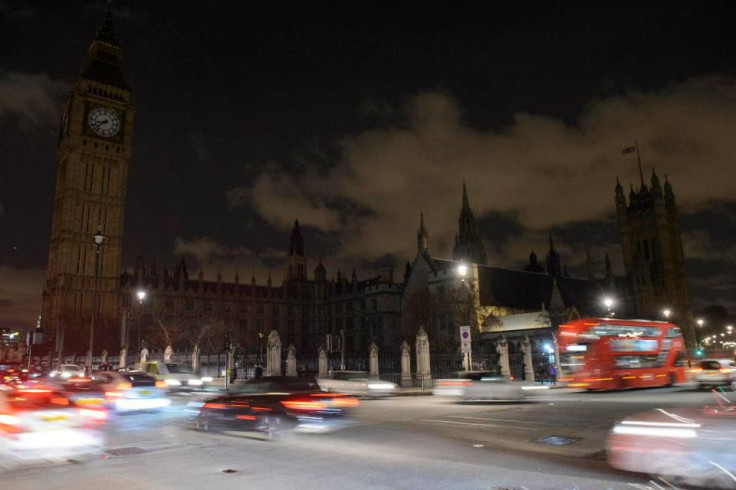Earth Hour 2016: Fighting Climate Change, An Hour At A Time

Insofar as symbolic gestures go, Earth Hour is a rather meaningful one. The event, to be held on March 19 this year, encourages people around the world to switch off all non-essential lights for an hour in a bid to raise awareness about climate change.
Organized by the nonprofit World Wide Fund for Nature (WWF), the event started in Sydney in 2007, and has spread from one Australian city to thousands of cities across the globe. In 2015, 172 countries and territories participated in the event, and hundreds of global landmarks switched off. Some of these were the Sydney Opera House, the Eiffel Tower in Paris, the Red Square in Moscow and the Times Square in New York, the Tower Bridge in London and the Golden Gate Bridge in San Francisco, and even the International Space Station in orbit around Earth.
This year, WWF expects the event to be its biggest yet, with 178 countries and territories participating, and along with millions of individuals, communities and businesses, over 350 iconic landmarks will switch off their lights for an hour, starting at 8:30 p.m. local time, wherever they may be.
“Earth Hour reminds us that while people are on the frontlines of climate change, they are also our first line of defense,” Siddarth Das, executive director, Earth Hour Global, said in a statement on the organization's website. “Our actions today, as individuals and the global community, have the power to transform what the world will look like for generations to come — the time to act against climate change is now.”
Through the symbolic act of switching off non-essential lights for one hour around the world, Earth Hour hopes to create awareness around the issue of climate change as well as involve people in tackling the problem in their own capacities. The event “aims to encourage an interconnected global community to share the opportunities and challenges of creating a sustainable world,” according to its website.
It is easy to participate. All you have to do is turn off all lights, except essential ones, at 8:30 p.m., wherever you are.
What do you do instead? A candlelit dinner, talking to your neighbours, stargazing, camping and playing board games are just some of the suggestions on the event's website and you are free to do whatever else strikes your fancy.
What do you not do? Anything energy intensive, even if it does not involve lights, since that would negate the very principle of the symbolic act of switching off. Also, go easy on the tweets as you switch off, since social network chatter — growing in volume everyday — has a carbon footprint as well.
© Copyright IBTimes 2024. All rights reserved.











